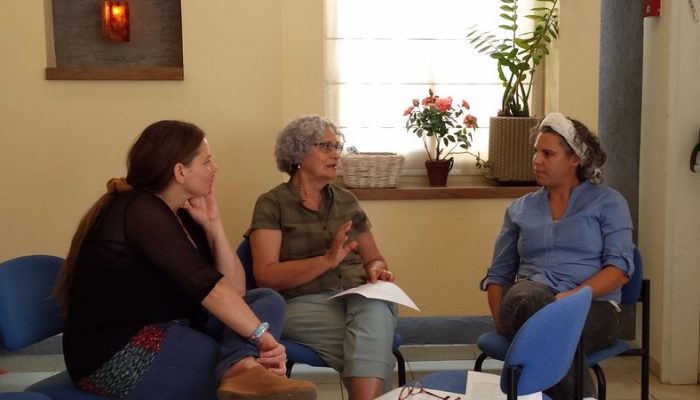
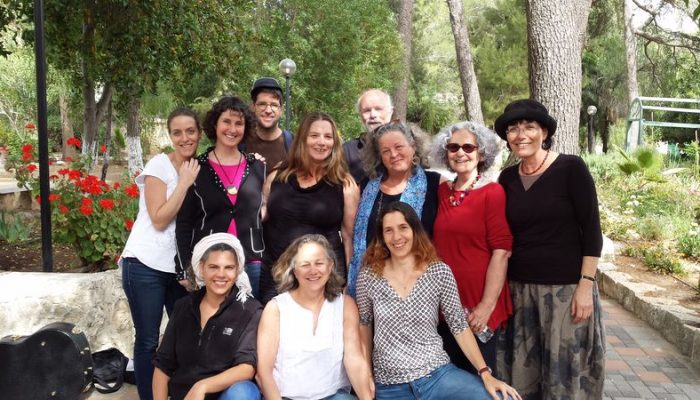
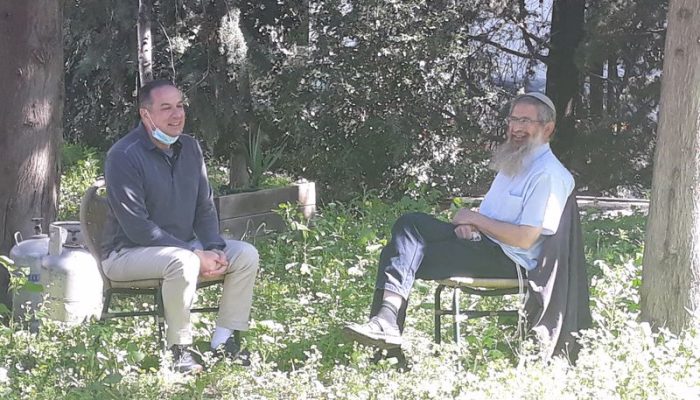
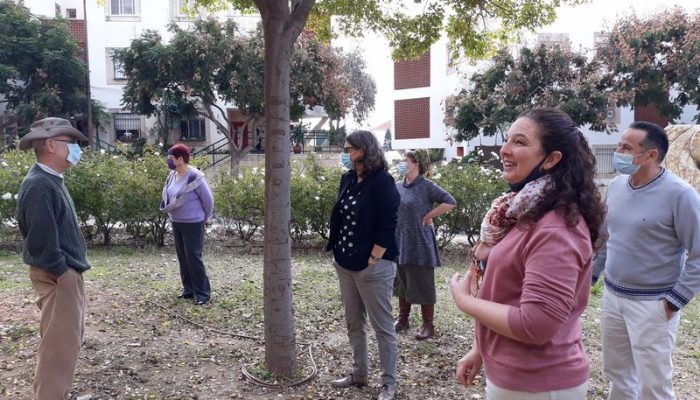
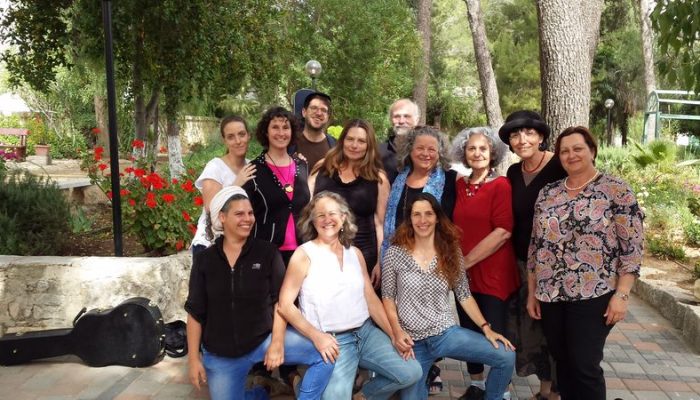
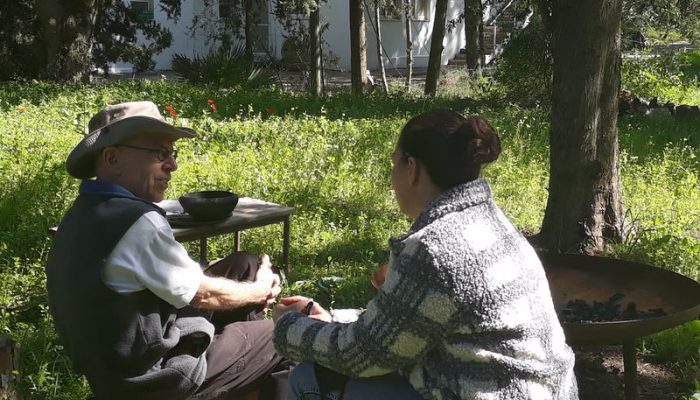
Definition of Pastoral Care
“Pastoral care is a person-centered, holistic approach to care, that complements the care offered by other helping disciplines while paying particular attention to spiritual care. The focus of pastoral care is upon the healing, guiding, supporting, reconciling, nurturing, liberating, and empowering of people in whatever situation they find themselves.”
Dr Bruce Rumbold, senior lecturer and deputy director of the La Trobe University Palliative Care Unit, School of Public Health, Australia
On pastoral care
“As chaplains, we walk into some dark places and help bring in light. We are not afraid of their (the patients’) darkness. We don’t care who they are or who they’ve been. We want to be with them where they are. We try to find common ground and a common language, speaking about hope, love, faith, relationships, family, regrets. Our goal is not to get them from one point to the other. Our goal is to help them identify where they want to go.”
Chaplain Jane Mather, Director of Chaplaincy Services, at Memorial Sloan-Kettering Cancer Center, Thanks to Health Care Chaplaincy of New York for this quote.
On the benefits of pastoral care to the health care setting:
“Working alongside other clinicians, certified chaplains add an important dimension to healthcare teams and co-contribute to patient care outcomes. For example, in addition to being recognized as a religious, spiritual, cultural and ethical resource, certified chaplains bring competencies in the areas of counseling and communication, family dynamics and conflict resolution. Including chaplains on the team improves the utilization of medical resources and clinical staff because patients and families have an identified staff person listening to their indirect and non-medical needs and concerns. Interventions by chaplains reduce the likelihood of miscommunication, emotional escalation and ethical consults. In addition, having certified chaplains on the team positively contributes to patient/family satisfaction, improves workplace morale and co-contributes to reducing patient length of stay.”
Rev. Dr. Martin Montonye, Director of Clinical Pastoral Education at the Health Care Chaplaincy